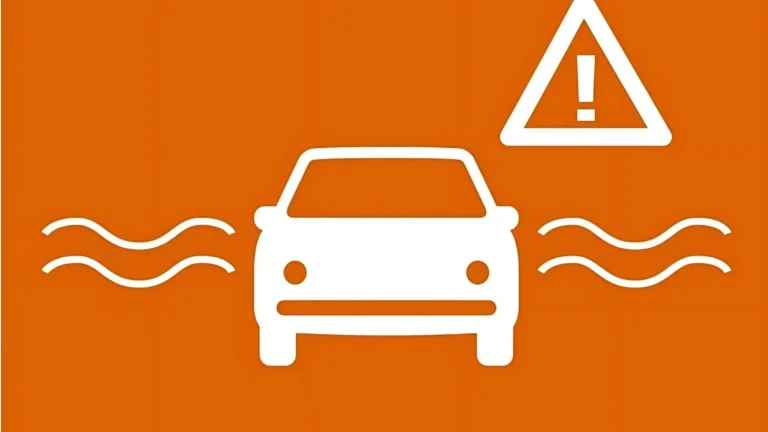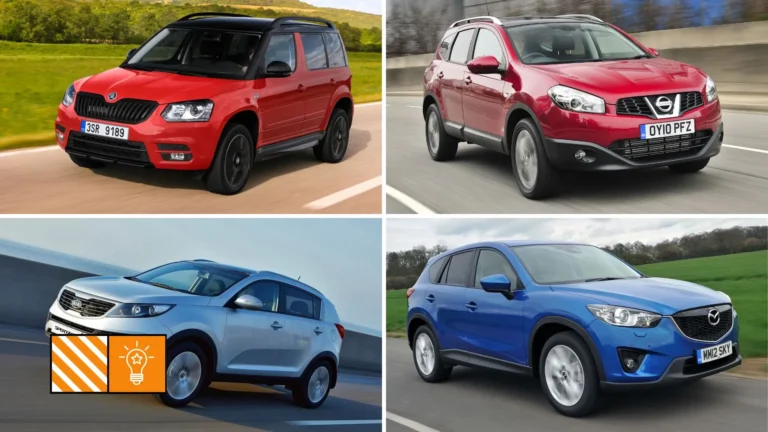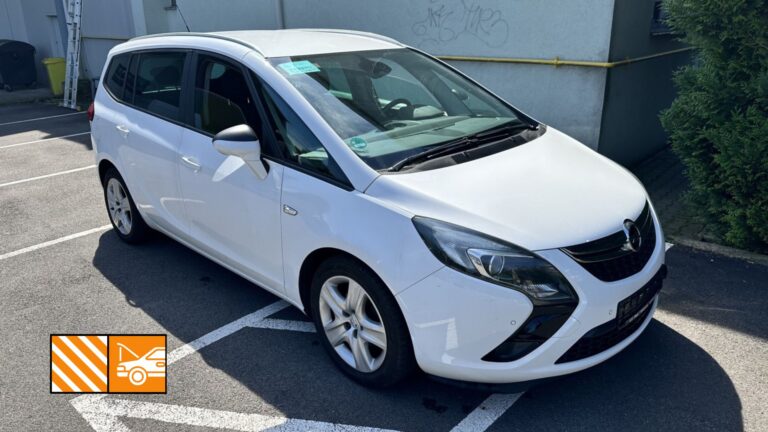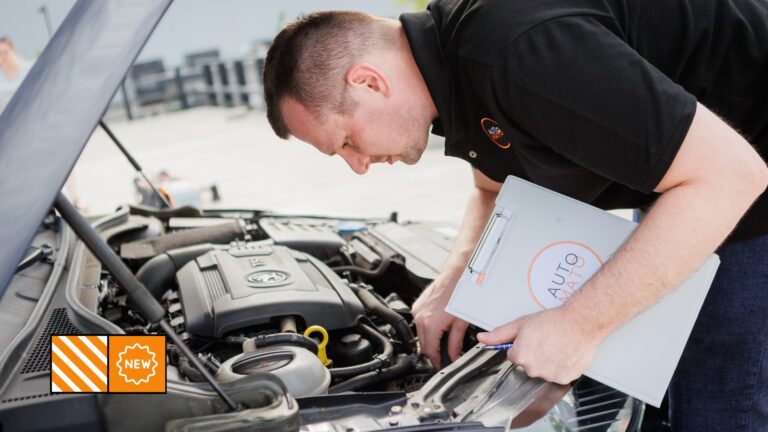Car recalls: they may affect you too
- Advice and tips
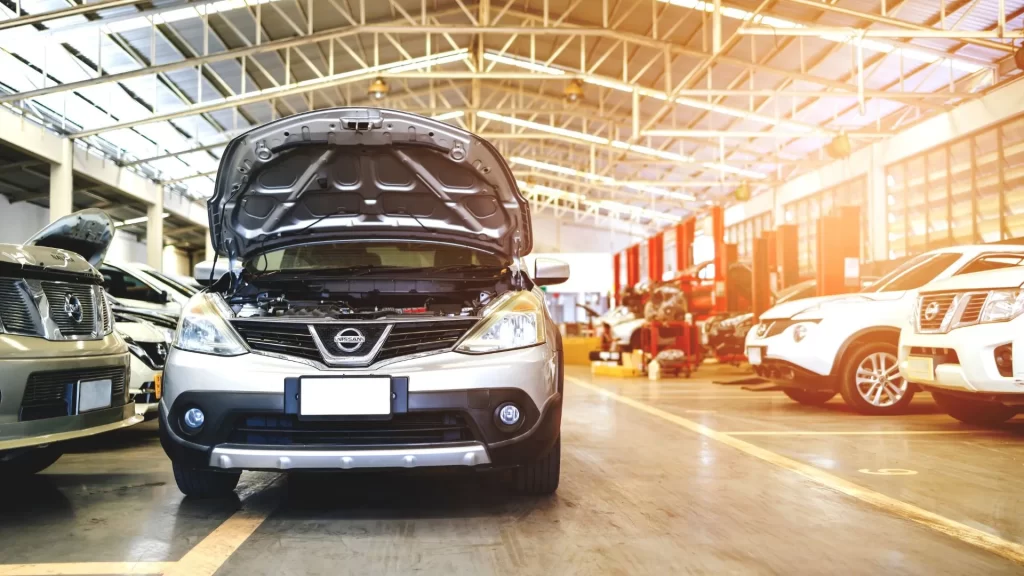
In the automotive industry, it is quite common for manufacturers to recall cars for repair due to defects discovered after the vehicles have been launched. These defects can be discovered even after years of operation and can concern safety or other serious technical aspects of the vehicle. Unfortunately, some owners are completely unaware of these recalls and so their vehicles go unfixed. This problem is particularly pronounced for owners of older or used vehicles, who often think that recalls do not affect them because their car is no longer under warranty or is not subject to the original manufacturer's service plan. Car recalls: They may affect you too!
So what cars are affected by the recall?
However, legislation in many countries requires manufacturers to fix any serious defects, regardless of the age of the vehicle or whether the vehicle is still under warranty. If a safety risk is identified that could affect multiple vehicles of the same model from a certain production period, the manufacturer is legally obliged to recall the vehicles and fix the defect. This regulation applies regardless of whether the car is on an official service programme at the time the defect is discovered.
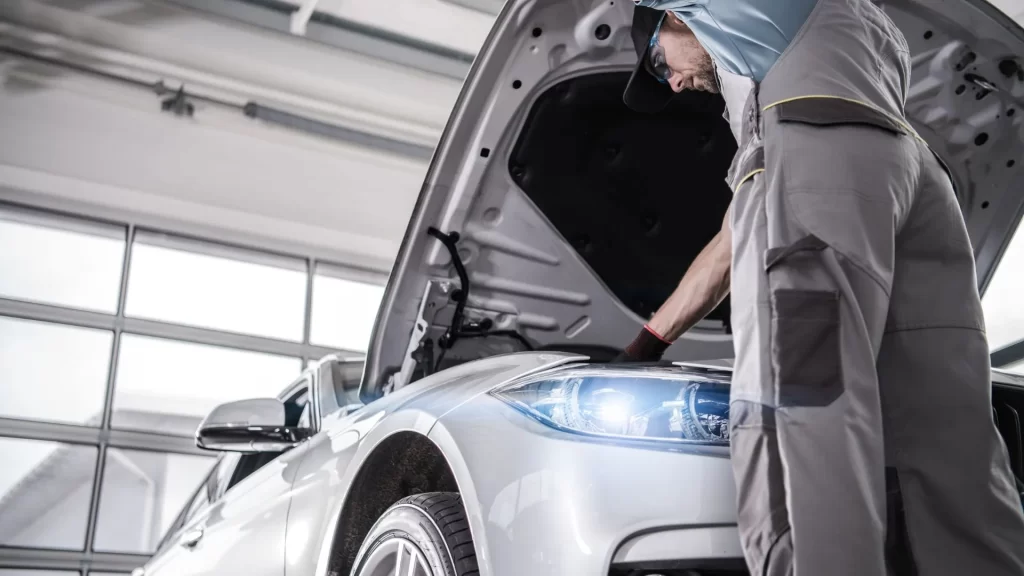
Where can I find out about the recall?
In the European Union, the situation is addressed through the RAPEX (Rapid Alert System for Non-Food Products) system, which allows for the rapid dissemination of information about dangerous products, including cars. Under this system, individual countries can issue alerts, which are subsequently published by the European Commission. Manufacturers are then required to take corrective action, which may include repairing the defect, withdrawing the product from the market, or refunding customers.
In addition to safety recalls, your vehicle may also be part of a service campaign that addresses less serious issues that could affect the vehicle's reliability. While these campaigns are not as critical as safety recalls, they are still worth knowing about and addressing.
Who carries out recall actions?
Automotive recalls are processes that vary slightly depending on the geographic region and applicable regulatory requirements. These actions are initiated to correct defects that may affect the safety of vehicles.
In the US, the recall process is often initiated either by the car manufacturers themselves or by the National Highway Traffic Safety Administration (NHTSA). NHTSA monitors safety issues and can issue vehicle recalls based on defects found.
In Europe, a recall can be initiated by several entities in addition to the manufacturer:
- The European Commission may launch recall actions based on the findings of its own control mechanisms if it encounters security issues.
- National regulatory authorities of individual EU Member States may also take steps to recall vehicles, in cooperation with the European Commission and other regulatory authorities to ensure that recalls are carried out effectively and that car owners are properly informed.
- Consumers can also play a role in the recall process by reporting potential risks to regulators or directly to manufacturers, but an official recall decision will only be made after a thorough investigation.
Regardless of who initiates the recall, the manufacturer is obliged to repair the defect free of charge to the vehicle owner. In this way, it seeks to guarantee the safety of vehicle users and minimize the risks associated with potentially dangerous defects.
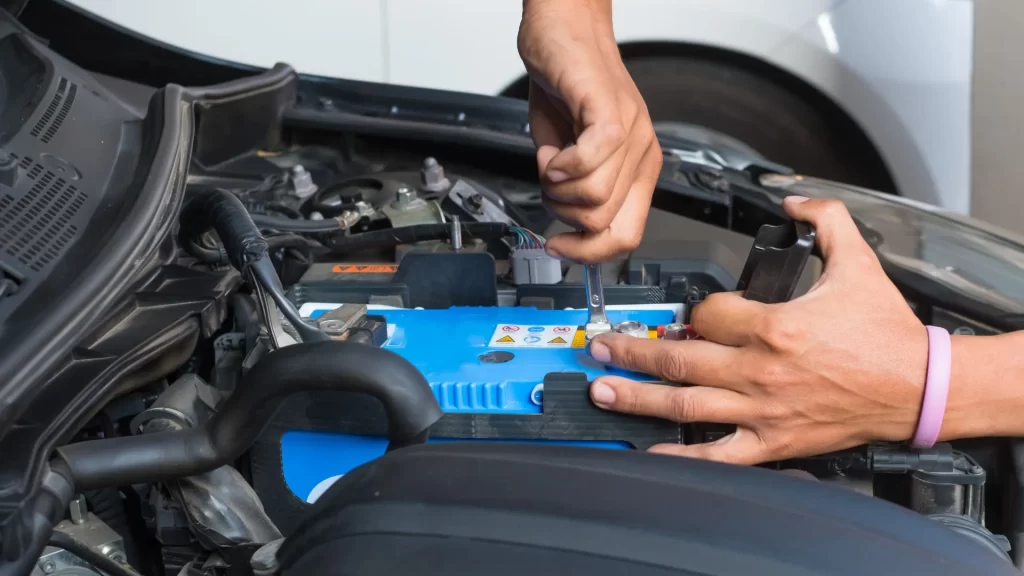
Recalls may affect safety
Car recalls vary in scope and the severity of the issues they address. While many of them involve relatively minor technical flaws or software updates, there are cases where recalls have to address major safety threats. One of the most prominent examples is the Volkswagen emissions scandal that surfaced in 2016. The German manufacturer was revealed to have manipulated the software of its diesel engines to produce much lower emissions during tests than was actually true. Once the truth became public, Volkswagen was forced to recall 11 million vehicles worldwide and pay fines and compensation of over €15 billion. Similarly, in 2000, Ford had to recall almost 15 million vehicles due to faulty cruise control switches that wore out prematurely and could cause short circuits leading to fires. Another major issue involved Firestone tires in the 1990s. Some tire models have experienced rubber tread separation from the steel backing at high speeds and in extreme temperatures, resulting in sudden failures and in some cases rollovers of the SUVs for which the tires were designed. This incident led to the introduction of tire pressure monitoring systems (TPMS), which are designed to prevent similar accidents caused by insufficient tire pressure. These cases show that while most recalls may seem routine, some are essential to maintaining safety and public confidence in the automotive industry.
Car inspection before purchase

With these factors in mind, it is crucial that a used car is inspected by a qualified technician before purchasing. This inspection should be comprehensive and include not only engine, chassis, electronics and bodywork tests, but also a check to see if the vehicle is subject to any current or past recalls. This way, you can avoid future repair costs that may be required due to hidden defects or faults that were not properly fixed in the past. A professional inspection can therefore provide you with important information about the condition of the vehicle and help you make an informed purchasing decision.
Follow us through our social networks, Don't miss any news.


